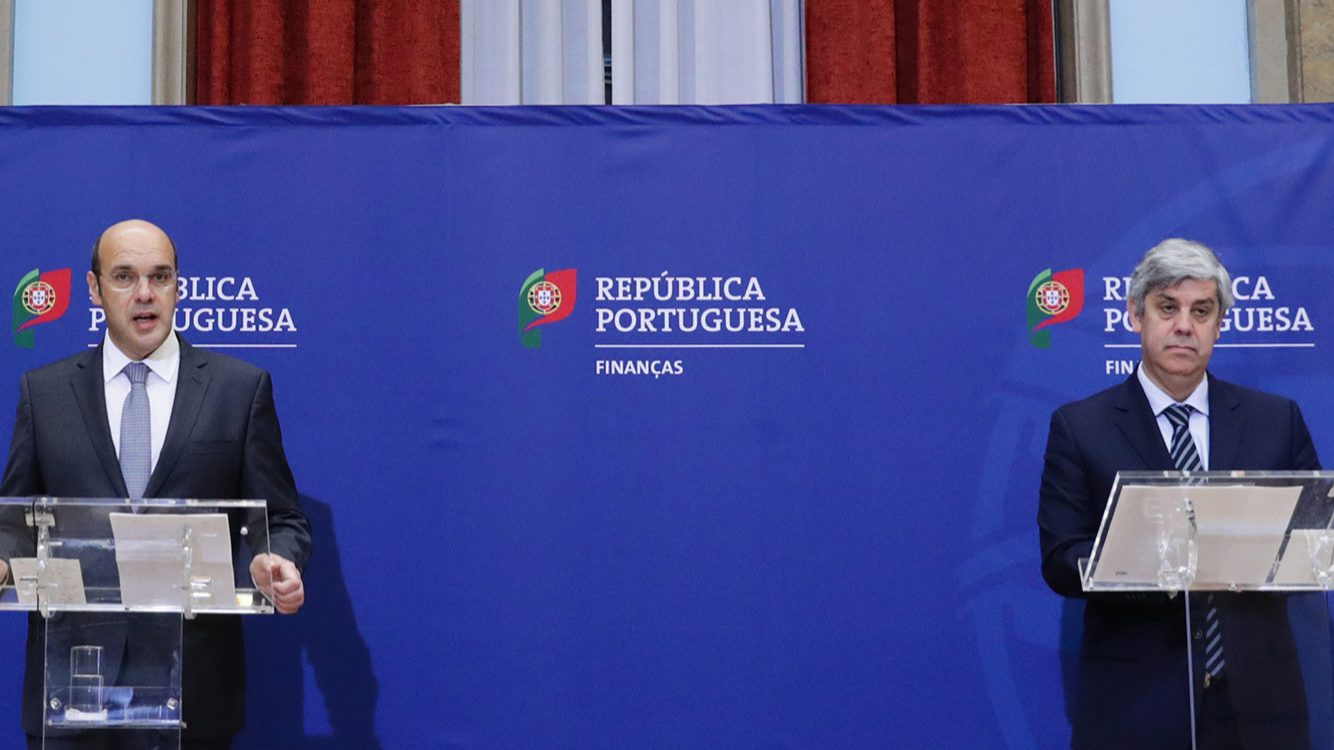Businessmen ask for tax exemption due to the coronavirus
The Government has made the payment of social security contributions and taxes more flexible, but businessmen argue that more than suspended, these payments must be eliminated.
Faced with the coronavirus pandemic, the Government has prepared a support package for the most affected companies, but businessmen are calling for more measures to prevent bankruptcies and ensure most of the jobs. The Portuguese Business Association (AEP) demands taxes to be eliminated – rather than suspended or deferred -, funding lines to have unlimited amounts of money and to social security pay the full wages provided to lay-off workers.
In order to ‘ease the impact of Covid-19 on the national market’, AEP calls for the ‘definitive cancellation of taxes and social contributions’. This is after the Government has already extended the period for the liquidation of the first special payment on account and for the delivery and payment of the Corporate Income tax (IRC) settlement, and has relaxed the payment of taxes and social security contributions, the latter being reduced to one third in the second quarter (although the remainder has to be paid in the following quarter).
Regarding financing, entrepreneurs requires that the lines have “unlimited” funds and be extended to all sectors. In addition, they ask for “permanent emergency capital instruments” be made available to companies.
Regarding the “new lay-off”, entrepreneurs believe that it is necessary to “adjust the conditions” of this scheme, relieving the company of the part of the cost of the worker’s salary. Considering the rules in force, the worker in this situation receives at least two thirds of his salary, this amount being paid in 70% by the social security and in 30% by the employer. It is this last slice that AEP wants to eliminate by handing it over to social security.
Among the measures required by AEP is the Insolvency and Corporate Recovery Code amendment in order to “determine the temporary suspension of bankruptcy claims by creditors”; the extension period for the deduction of tax losses to profits of future years; the immediate payment of all outstanding debts of the State to private suppliers; and the reduction or elimination of costs in business activity, for example through the tolls suspension.


